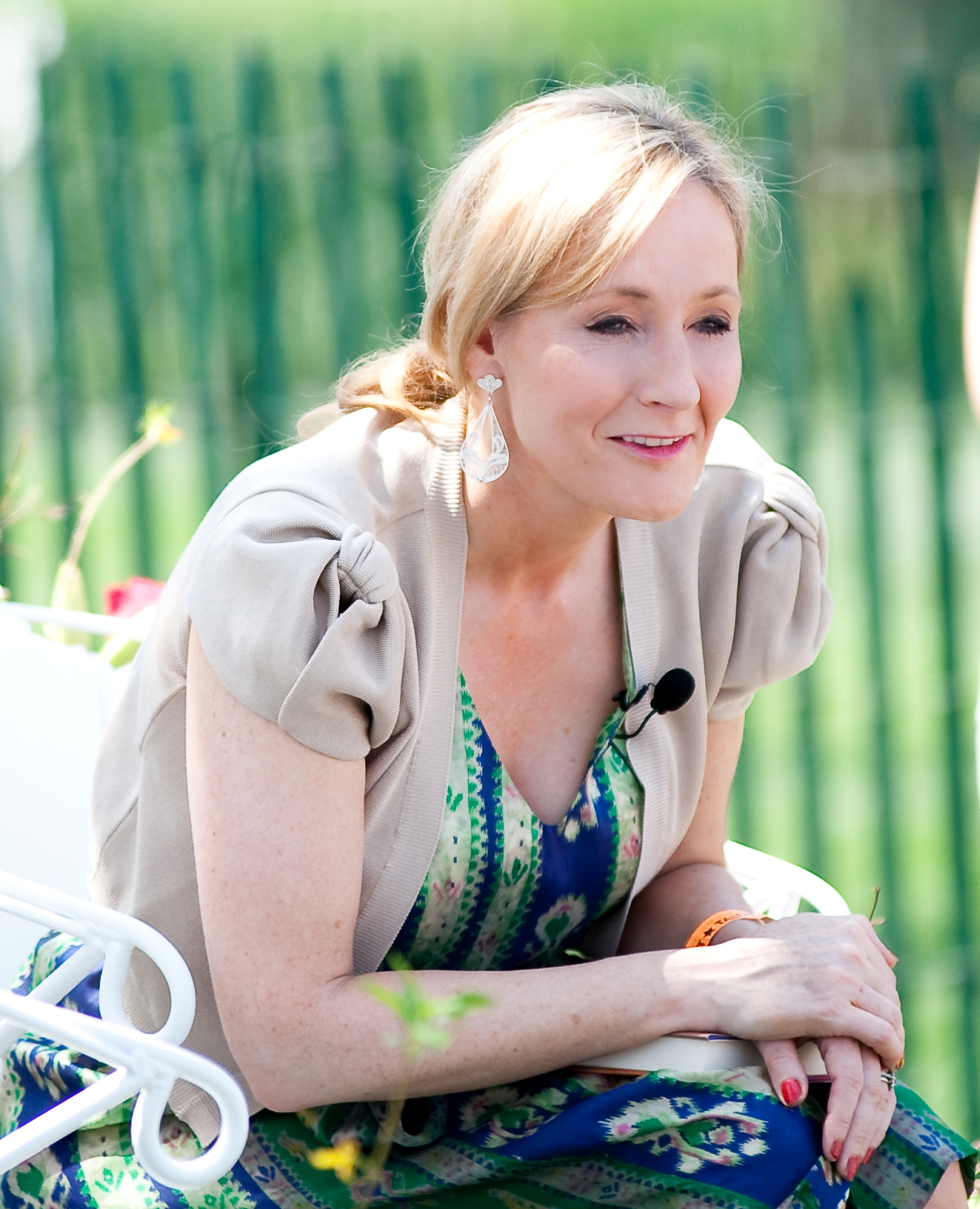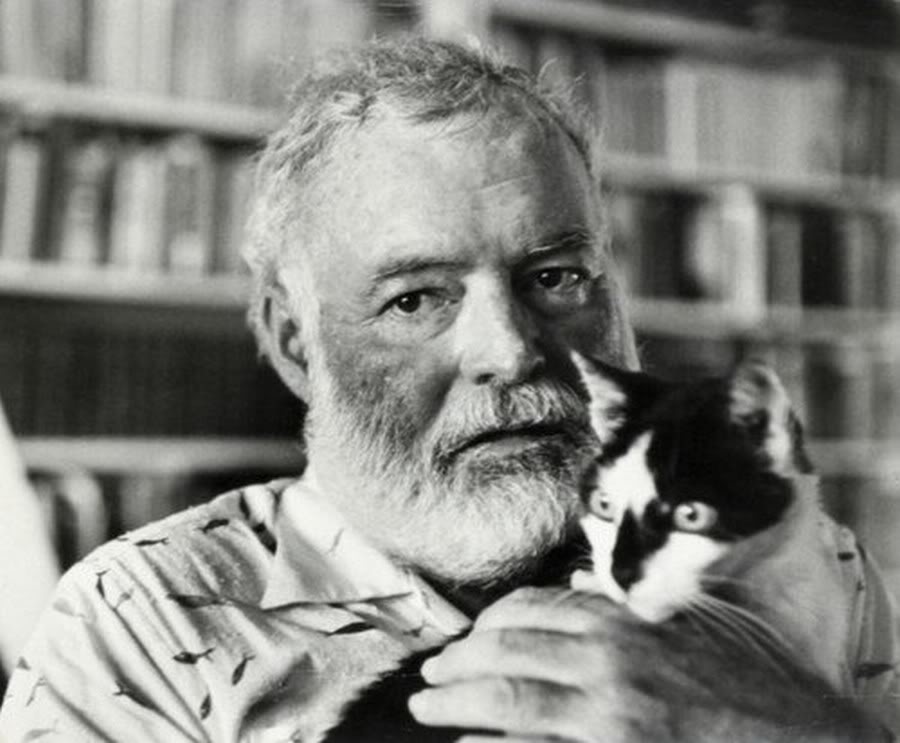Editor's Blog
The A to Z Guide to Writing the Book of Your Dreams
|
A: Active Voice. The preferred style of writing for readers, as opposed to passive voice. Active voice has the subject of the sentence doing an action to the object of the sentence (Ex: Martin read the book.), instead of having the object have something done to it (Ex: The book was read by Martin.). B: Back Story. What happened before your story starts, but which has lead to the events you are now writing about. C: Characterization. How the author shows what a character is like without outright saying it. For example, characterization is not saying “Wendy loved her work. She would be in the office after hours, to the detriment of her marriage.” What would be characterization is having Wendy call her husband to cancel dinner the fifth time this month because she wants to finish a project. D: Dialect. The characteristics of speech specific to one’s class, region, etc. The way one spoke in 18th-century London is different from how a modern-day blue-collar worker from the Bronx speaks. When writing, be sure to capture the grammar and spelling of your chosen dialect. E: Exposition. Usually at the beginning of a story, it is the telling or showing of background information. |
|
|
Read more: The A to Z Guide to Writing the Book of Your Dreams
10 Writing Tips from JK Rowling
|
 |
||
10 Writing Tips from Virginia Woolf
|
Years: 1882 - 1941 Nationality: English Notable Works: Mrs. Dalloway, To the Lighthouse, Orlando Quote: “The flower bloomed and faded. The sun rose and sank. The lover loved and went. And what the poets said in rhyme, the young translated into practice.”
Trivia: Woolf and her husband founded and ran Hogarth Press. Woolf published her own works from there, but she and her husband declined to publish James Joyce’s Ulysses, for they deemed it too long for them to hand print. 1. “Any method is right, every method is right, that expresses that we (as writers) wish to express.” Write the way you want to write. Don’t be afraid to experience. Rules are made to be broken. . . well, some rules. Writing without punctuation would be unfair to the reader. 2. “Rigid, the skeleton of habit alone upholds the human frame.” Develop a habit of writing. Pick a day, an hour to do nothing but write. You can do anything you want during this time: write your novel, use writing prompts, write freehand or use the computer. Whatever as long as you’re writing habitually. 3. “But what is more to the point is my belief that the habit of writing thus for my own eye only is good practice. It loosens the ligaments. Never mind the misses and the stumbles.” Doesn’t this quote go well with the previous one? When you’re writing, write for yourself first. Do and say what makes you happy. The point of doing all this is to get your creative juices flowing (or, loosening your ligaments). 4. “It is much more important to be oneself than anything else.” This is true for any facet of life. In the literary world, be yourself. Write the way you want to write. Why try to be a second-rate Jane Austen or Tom Clancy when you can be a first-rate you? |
|
|
10 Writing Tips from F. Scott Fitzgerald
|
Years: 1896 - 1940 Nationality: American Notable Works: The Great Gatsby, This Side of Paradise, Tender is the Night, The Last Tycoon Quote: “That is part of the beauty of all literature. You discover that your longings are universal longings, that you're not lonely and isolated from anyone. You belong.” Trivia: F. Scott Fitzgerald was the second cousin three times removed from Francis Scott Key. 1. “Cut out all these exclamation points. An exclamation point is like laughing at your own joke.” Wise words, indeed. Exclamation points are best used sparingly, according to The Chicago Manual of Style. Use them for “out[cries] or. . . emphatic or ironic comment[s].” 2. “You've got to sell your heart, your strongest reactions, not the little minor things that only touch you lightly, the little experiences that you might tell at dinner. This is especially true when you begin to write, when you have not yet developed the tricks of interesting people on paper, when you have none of the technique which it takes time to learn. When, in short, you have only your emotions to sell.” Fitzgerald wrote this advice to his daughter, Scottie. A great piece of literature can make readers think or feel. To get your readers to feel, examine the emotions of your characters and describe them as best you can. 3. “About adjectives: all fine prose is based on the verbs carrying the sentences. They make sentences move." |
 |
|
10 Writing Tips from Charles Dickens
|
Years: 1812 - 1870 Nationality: English Notable Works: A Christmas Carol, David Copperfield, Great Expectations, Hard Times, Bleak House Quote: “What greater gift than the love of a cat.” Trivia: Shakespeare wasn’t the only one to introduce words into English. Dickens introduced 247 new words or use of words, including cheesiness, fluffiness, and butterfinger. 1. “I think you are too ambitious, and that you have not sufficient knowledge of life or character to venture on so comprehensive an attempt.” Before you start writing, make sure you’ve LIVED. This doesn’t mean you have to be 90 to start writing. Go have rich experiences and meet the kind of people you don’t ordinarily associate with. Study what makes these experiences and people unique and colorful. Doing these two things will ensure a far more interesting manuscript.
2. “I write with great care and pains (being passionately fond of my art, and thinking it worth my trouble), and persevere, and work hard.” Do I really need to elaborate on this one?
|
 |
Editing Checklist: Grammar and Style
This is the first part of an ongoing series of checklists to make sure your writing is at its best before you submit your work to any publishers. Today's post is dedicated to grammar and style.
Have you…
- Corrected punctuation?
- Erased any stray punctuation marks?
- Made sure possessive words have apostrophes?
Five Inspiring TED Talks for the Creative Writer
 |
|
Yes, I'm a bit behind on my blog posts. Sorry.
Elizabeth Gilbert (Eat, Pray, Love): Your elusive creative genius Isabel of Allende (The House of the Spirits): Tales of Passion Tracy Chevalier (Girl with a Pearl Earring): Finding the story inside the painting Mac Barnett (President Taft is Stuck in the Bath): Why a good book is a secret door (highly entertaining!) Elif Shafak (The Bastard of Istanbul): The politics of fiction
Here's a treat for you! Some very impressive TED talks about writing, creativity, etc. |
Enjoy!
Elizabeth Gilbert at her 2009 TED talk, photo by Steve Jurvetson, published in 2009
Jokes!
In need of a laugh? Here you go!
1. How many mystery writers does it take to screw in a light bulb?
Two. One to screw it almost all the way in, and the other to give it a surprising twist at the end.
2. What's the difference between publishers and terrorists?
You can negotiate with terrorists.
3. Did you hear the one about the pregnant woman who went into labor and began to yell, "Couldn't! Wouldn't! Shouldn't! Didn't! Can't!"?
She was having contractions.
10 Writing Tips from Ernest Hemingway
Years: 1899 – 1961
Nationality: American
Notable Works: The Sun Also Rises, A Farewell to Arms, The Old Man and the Sea, For Whom the Bell Tolls
Quote: “We're stronger in the places that we've been broken.”
Trivia: A ship captain gave Hemingway a polydactyl (six-toed) cat named Snowball. Snowball is the ancestor of the 40-50 cats that now live on Hemingway’s Key West property.
1. “The first draft of anything is shit.”
You worked hard on your manuscript, and now you’re done. Congratulations on finishing such an endeavor. You may have thought the writing part was hard, but now comes the editing process. If you are lucky enough to have a publisher accept your work, be aware the editor will have suggestions on how to improve the manuscript. All editors know how much work you put in, and they respect that. Their suggestions are to improve the story, perhaps in ways you didn’t even think about. Revision is necessary to make your book the best possible.
2. “All you have to do is write one true sentence. Write the truest sentence that you know.”
No pressure, right? Don’t think too hard about this – just let your truth come pouring out, and then refine.























